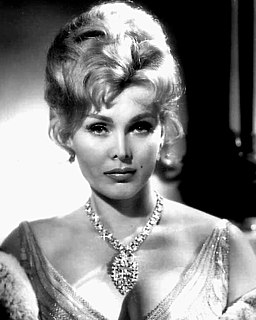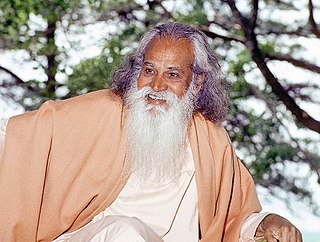A Quote by Sue Grafton
Lucky is the spouse who dies first, who never has to know what survivors endure.
Related Quotes
Love never dies a natural death. It dies because we don't know how to replenish its source. It dies of blindness and errors and betrayals. It dies of illness and wounds; it dies of weariness, of witherings, of tarnishings. Anaïs Nin I like not only to be loved, but also to be told I am loved. George Eliot Love is the voice under all silences, the hope which has no opposite in fear; the strength so strong mere force is feebleness: the truth more first than sun, more last than star.
Encouragement requires empathy and seeing the world from your spouse's perspective. We must first learn what is important to our spouse. Only then can we give encouragement. With verbal encouragement, we are trying to communicate, "I know. I care. I am with you. How can I help?" We are trying to show that we believe in him and in his abilities. We are giving credit and praise.
Does this mean we will always understand our challenges? Won't all of us, sometime, have reason to ask, 'O God, where art thou?' Yes! When a spouse dies, a companion will wonder. When financial hardship befalls a family, a father will ask. When children wander from the path, a mother and father will cry out in sorrow. Yes, 'weeping may endure for a night, but joy cometh in the morning.' Then, in the dawn of our increased faith and understanding, we arise and choose to wait upon the Lord, saying, 'Thy will be done.'
Our natural reason looks at marriage and turns up its nose and says, Alas! Must I rock the baby? wash its diapers? make its bed? smell its stench? stay at nights with it? take care of it when it cries? heal its rashes and sores? and on top of that care for my spouse, provide labor at my trade, take care of this and take care of that? do this and do that? and endure this and endure that? Why should I make such a prisoner of myself?
Liberals tend to understand that a person can be lucky or unlucky in all matters relevant to his success. Conservatives, however, often make a religious fetish of individualism. Many seem to have absolutely no awareness of how fortunate one must be to succeed at anything in life, no matter how hard one works. One must be lucky to be able to work. One must be lucky to be intelligent, physically healthy, and not bankrupted in middle age by the illness of a spouse.
What is it that dies? A log of wood dies to become a few planks. The planks die to become a chair. The chair dies to become a piece of firewood, and the firewood dies to become ash. You give different names to the different shapes the wood takes, but the basic substance is there always. If we could always remember this, we would never worry about the loss of anything. We never lose anything; we never gain anything. By such discrimination we put an end to unhappiness. (118-119)
Put Your Spouse First: When the children are grown and move out of the home, who will be left but your spouse? Nurture that relationship first and foremost. It is your role, together, to be the best parents you can be and what better way to do that than by parenting together and teaching your children (by what you say and do) that the bond of marriage is stronger than any other earthly commitment
We never know how much one loves till we know how much he is willing to endure and suffer for us; and it is the suffering element that measures love. The characters that are great must, of necessity, be characters that shall be willing, patient and strong to endure for others. To hold our nature in the willing service of another is the divine idea of manhood, of the human character.






































